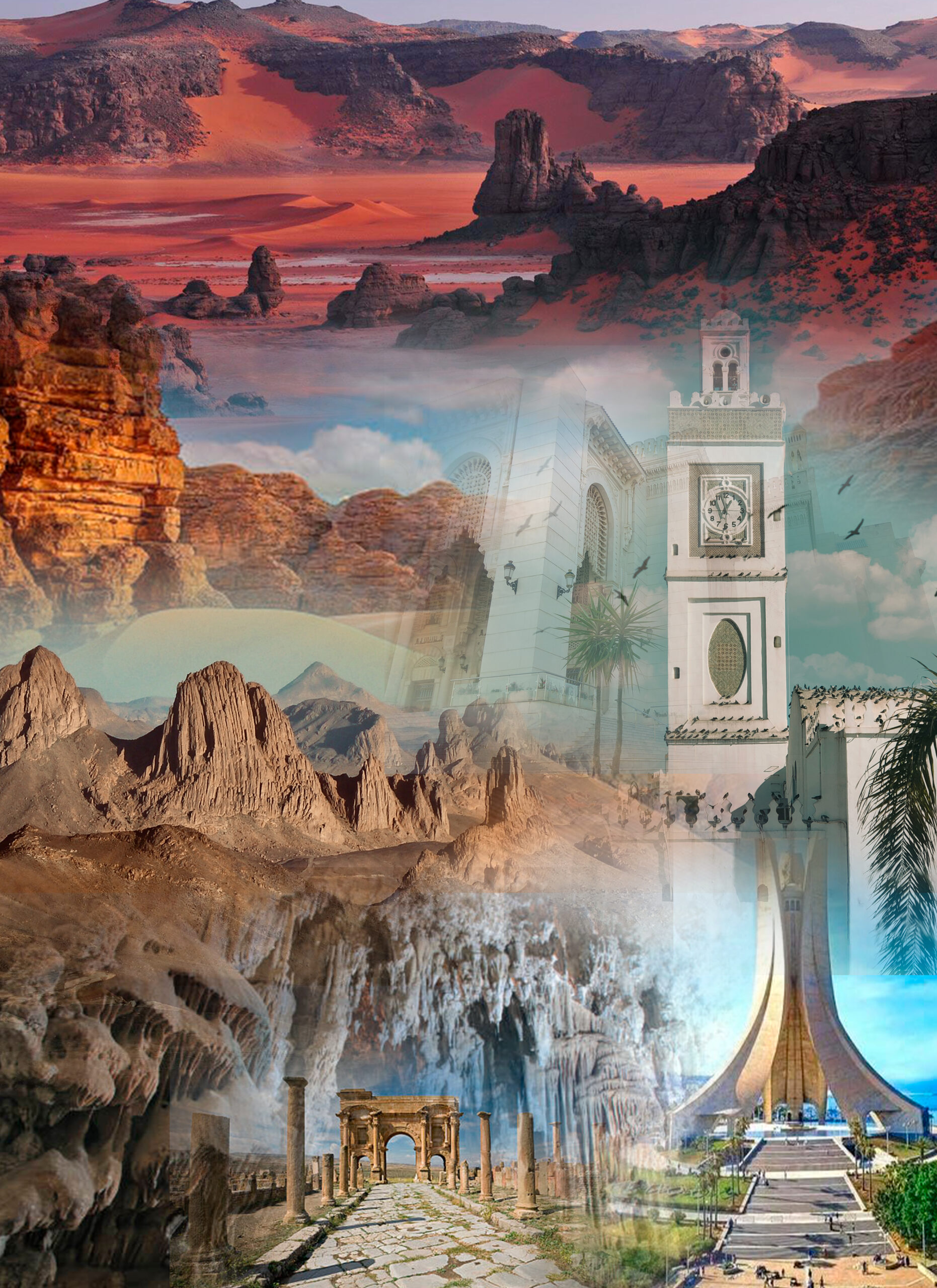Exploring the Enchanting Charm of Djibouti’s Historic Gem

Historical Significance:
Arta, a city nestled in the heart of Djibouti, holds a remarkable historical significance that spans centuries. The city served as the capital of French Somaliland during the colonial era, leaving behind a legacy of French influence in its architecture and cultural practices. Arta played a pivotal role in the region’s history, serving as a trading hub and a center for political and cultural exchanges. Exploring Arta allows visitors to delve into the fascinating history of Djibouti and witness the remnants of its colonial past.
Architecture & Natural Splendors:
Arta boasts a captivating blend of architectural styles, showcasing influences from both its colonial past and traditional Somali design. The city’s skyline is adorned with elegant French colonial buildings, characterized by their grand facades, arched windows, and intricate ironwork. These architectural gems stand in harmony with traditional Somali dwellings, featuring colorful facades and ornate woodwork. Beyond the city, Arta is surrounded by breathtaking natural splendors, including rolling hills, lush valleys, and the stunning Gulf of Tadjoura, offering a picturesque backdrop to the cityscape.
Art & Cultural Delights:
Arta is a treasure trove of art and cultural delights, providing a glimpse into Djibouti’s vibrant artistic scene. The city is home to numerous art galleries, showcasing the works of local artists who draw inspiration from the region’s landscapes and cultural heritage. Visitors can immerse themselves in the rich tapestry of Somali art, from intricate handwoven textiles to mesmerizing pottery and vibrant paintings. The local cultural center hosts regular exhibitions, performances, and workshops, allowing visitors to engage with the artistic community and experience the richness of Djiboutian culture firsthand.
Spirits & Gastronomy:
The spirits and gastronomy of Arta reflect the diverse cultural influences that have shaped the city’s culinary landscape. Traditional Somali cuisine takes center stage, offering an array of flavors and aromas. Visitors can savor mouthwatering dishes such as “suqaar” (spiced meat or fish), “canjeero” (pancake-like bread), and “baasto” (pasta-based dishes). The city’s bustling markets are a haven for food enthusiasts, where they can indulge in aromatic spices, fresh produce, and traditional sweets. To complement the culinary experience, visitors can enjoy a cup of “shaah” (spiced tea) or “qaxwo” (a traditional Somali herbal infusion).
Events & Activities:
Arta hosts a variety of events and activities that showcase the city’s cultural vibrancy and natural beauty. The annual Arta Festival brings together artists, musicians, and performers from across Djibouti, offering a vibrant celebration of local talent. The city’s surrounding landscape provides ample opportunities for outdoor enthusiasts, with hiking trails leading to scenic viewpoints and picnic spots. Visitors can also explore the nearby Day Forest National Park, home to diverse wildlife and lush vegetation. From cultural festivities to adventurous pursuits, Arta provides an array of experiences for every visitor.
In conclusion, Arta stands as a captivating destination that combines history, architecture, art, and natural beauty. From its colonial-era buildings to its vibrant artistic scene, the city offers a glimpse into Djibouti’s past and present. Exploring its architectural wonders, indulging in its culinary delights, and participating in cultural events allows visitors to fully immerse themselves in the charm of Arta. Whether strolling through its streets, admiring its art galleries, or immersing in its natural landscapes, Arta promises an enriching and unforgettable experience for all who venture to this historic gem in Djibouti.
©2024 | Authored by DocThomas.Art

